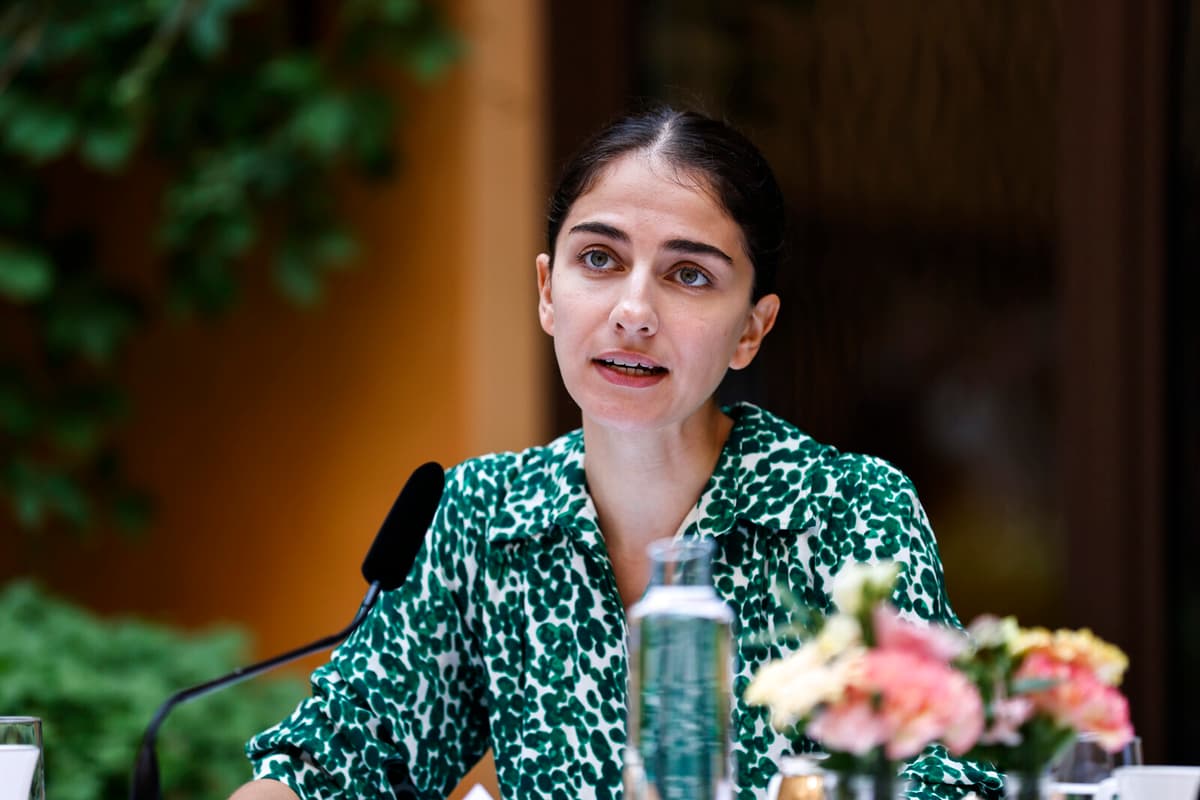We are not worried. Sweden is a role model in the climate issue. We have the lowest emissions of greenhouse gases in the EU. Our emissions have decreased, except for 2024, and will continue to decrease, says Pourmokhtari.
Failing to take action to protect the planet from climate change can violate international law, according to the court's statement.
At the same time, it opens up the possibility that particularly vulnerable countries may be entitled to climate compensation from countries that do not fulfill their obligations.
Compensation
The issue of compensation would, according to the court, need to be tried on a case-by-case basis. A prerequisite is that one succeeds in establishing that there is a "sufficiently direct and special causal connection".
Small island nations in Oceania, for which rising sea levels pose an existential threat, have taken the lead in the historic goal supported by over 130 countries. The hope has been that the ICJ would establish that climate destruction is illegal and that rich countries with high emissions must take the greatest responsibility for the green transition. Now this has been the case.
Effect in practice?
But whether the statement will have any effect in practice is doubtful. Which country should be considered most guilty? China or the USA? Or someone else? Driving such a process would become incredibly complicated.
We welcome the fact that the court is engaging in this issue. Now we will look at this in more detail, but what it can mean in practice is too early to say, says Pourmokhtari.






